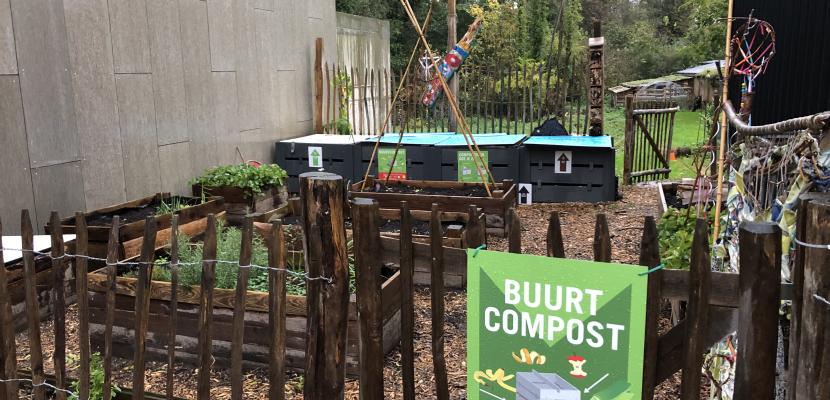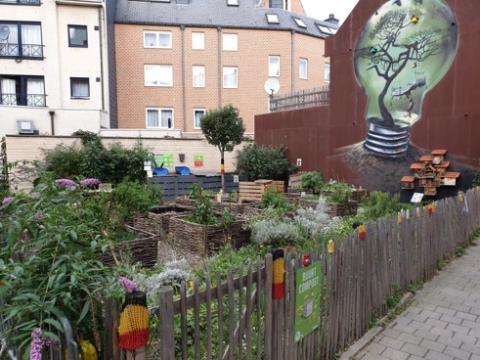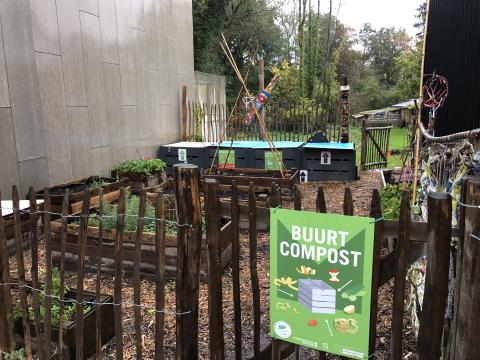
Community composting

About this good practice
At the moment, there is no organized separate collection for household biowaste in place in Mechelen. The average fraction of biowaste in the mixed residual waste in Mechelen is 60 % (2021). By recycling the biowaste at the source, citizens and the municipality can save money and reduce their carbon footprint by reducing the volume of waste that goes into the mixed residual waste. Moreover, the generated compost can be used in the community gardens as an organic soil improver, mulch or fertilizer. In 2020 the city council adopted the Climate Plan for Mechelen and committed to reduce GHG emissions by 40% by 2030. With this plan new subsidy regulations were introduced to encourage citizens to take actions that contribute to the objectives of the climate plan. The city of Mechelen wants to give everyone the chance to help build a climate-neutral, circular and fossil-free Mechelen through financial support of up to € 5000 in the form of ‘Climate Actions’. Citizens can ask for advice on how to compost and receive help with finding a suitable location and get access to materials. The main stakeholders are the city of Mechelen and VLACO npo. VLACO is a non-profit organisation that unites policy and companies that process biowaste in Flanders. Vlaco organizes theoretical and practical workshops on closing organic cycles at home. For the community the good practice contributes to the social cohesion in the neighbourhood by facilitating spontaneous encounters or joint activities.
Resources needed
Since 2020, € 303 500 have been granted for all ‘Climate Actions’ of which € 50 296 for community gardens and € 21 802 for compost or chicken runs specifically.
Evidence of success
Sixteen gardens initiatives in Mechelen have been supported by the ‘Climate Action’ subsidy of which eleven that include composting of household biowaste. The success of each initiative mainly depends on the commitment of the founders or leaders of the initiative and the long-term availability of the location.
Potential for learning or transfer
This good practice can be easily adopted in other regions where there is sufficient space and there is acceptance or willingness of the city and the neighbourhood to realize a community compost on their territory.
Further information
Composteren kan je leren!
Images



